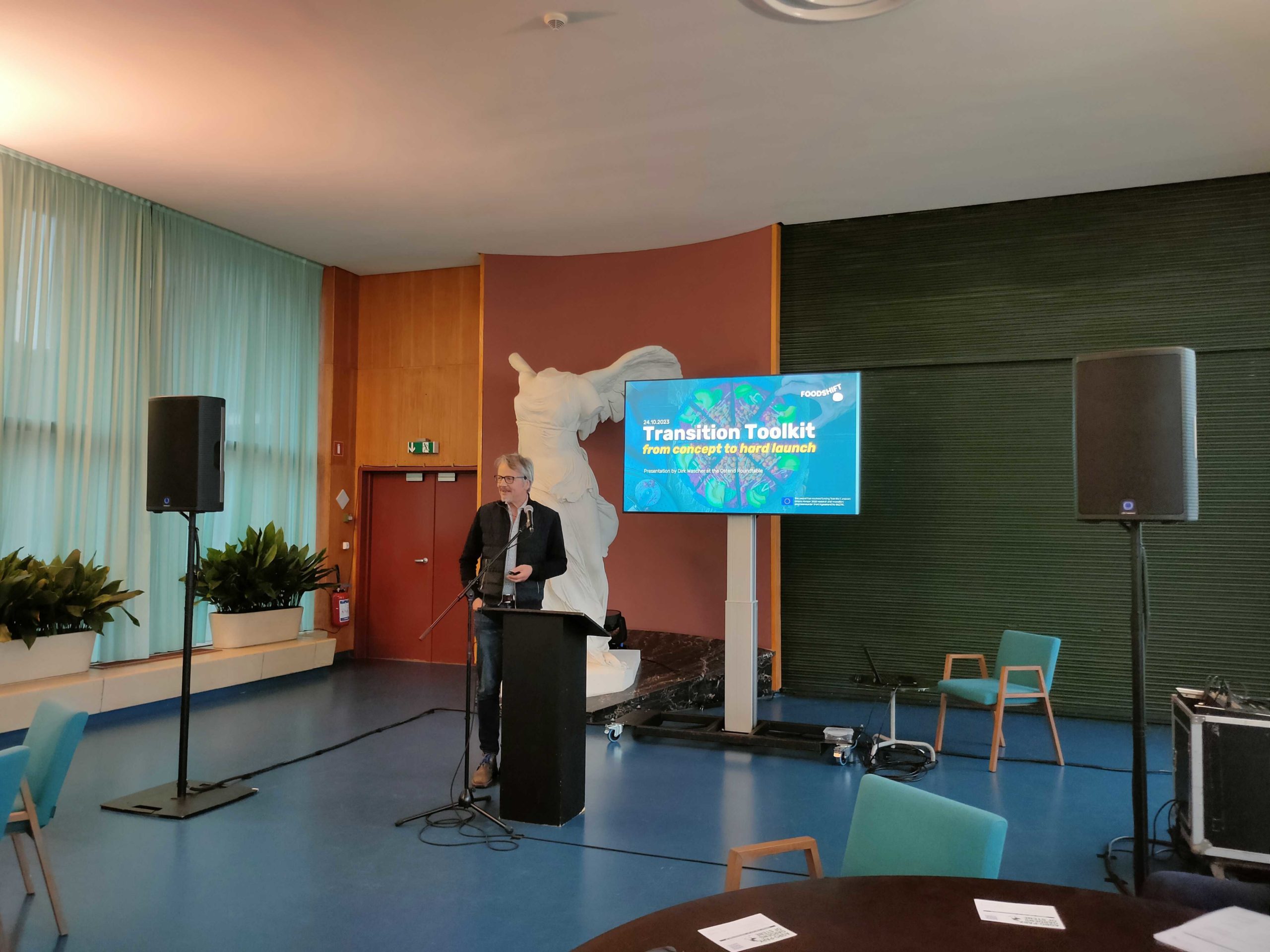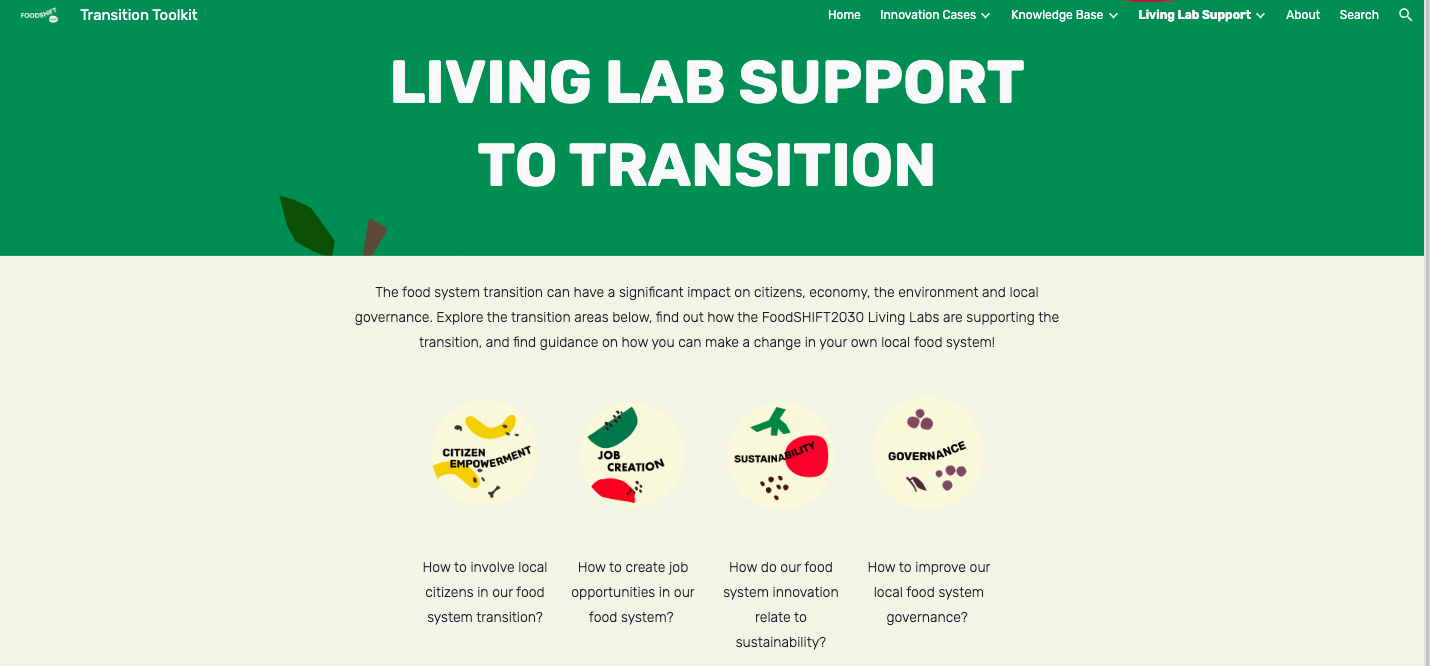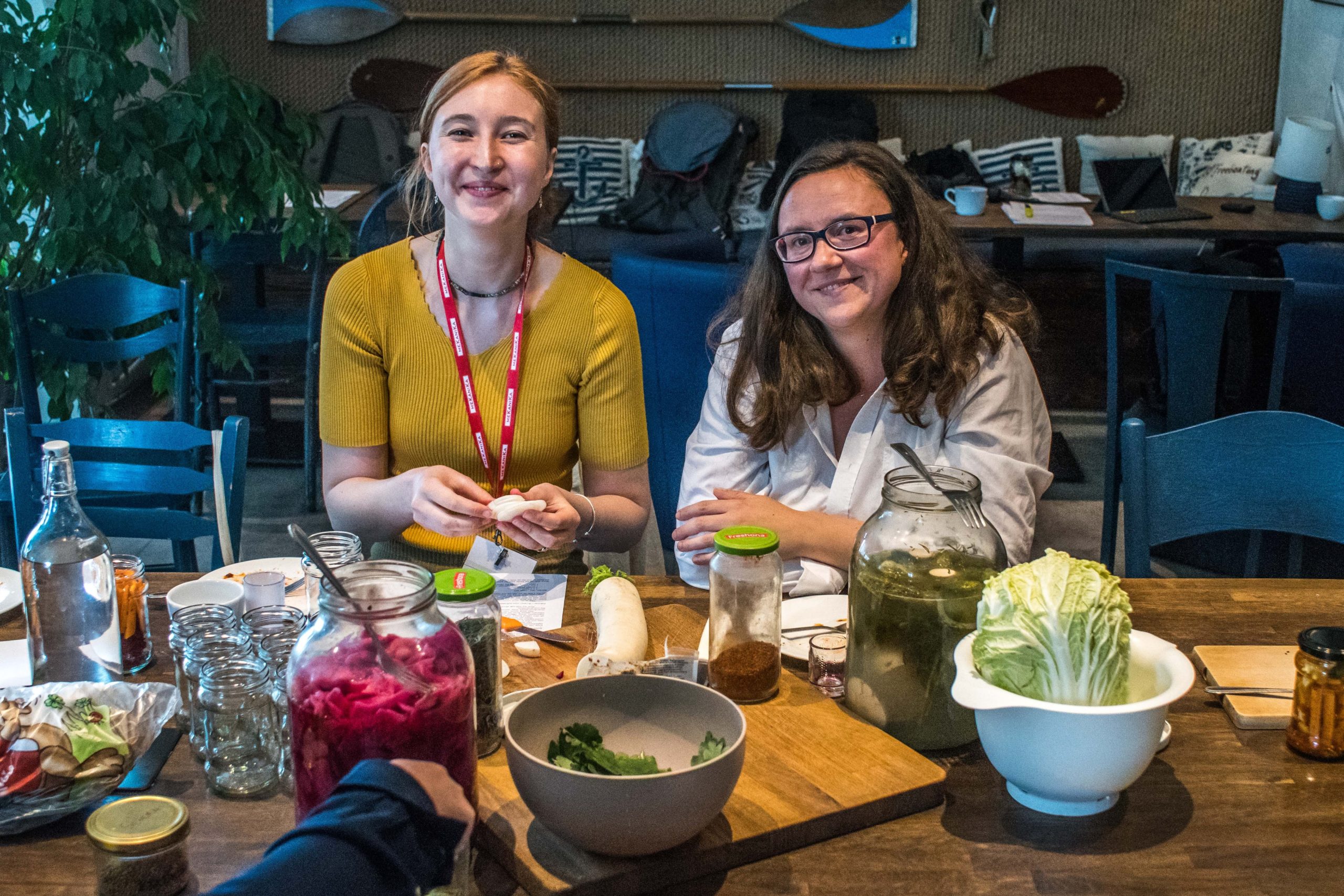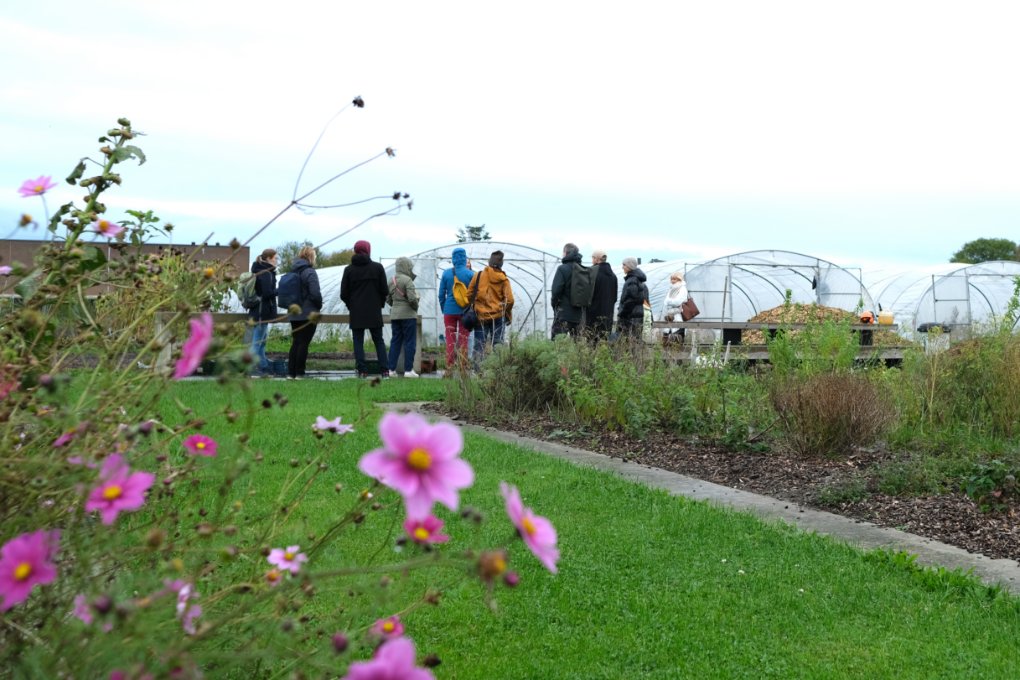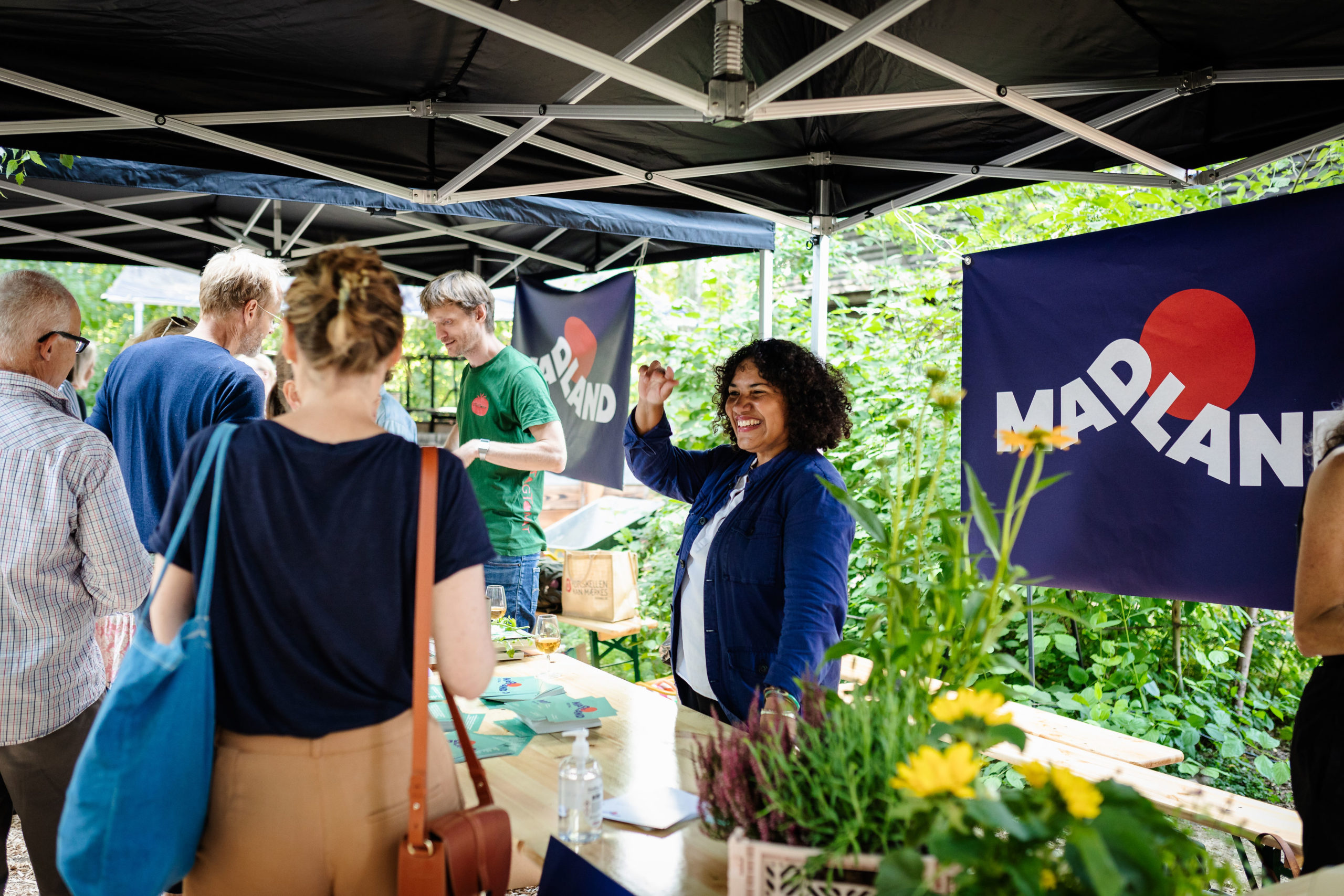A common vision for the future of food sustainability in Bari
11 October 2023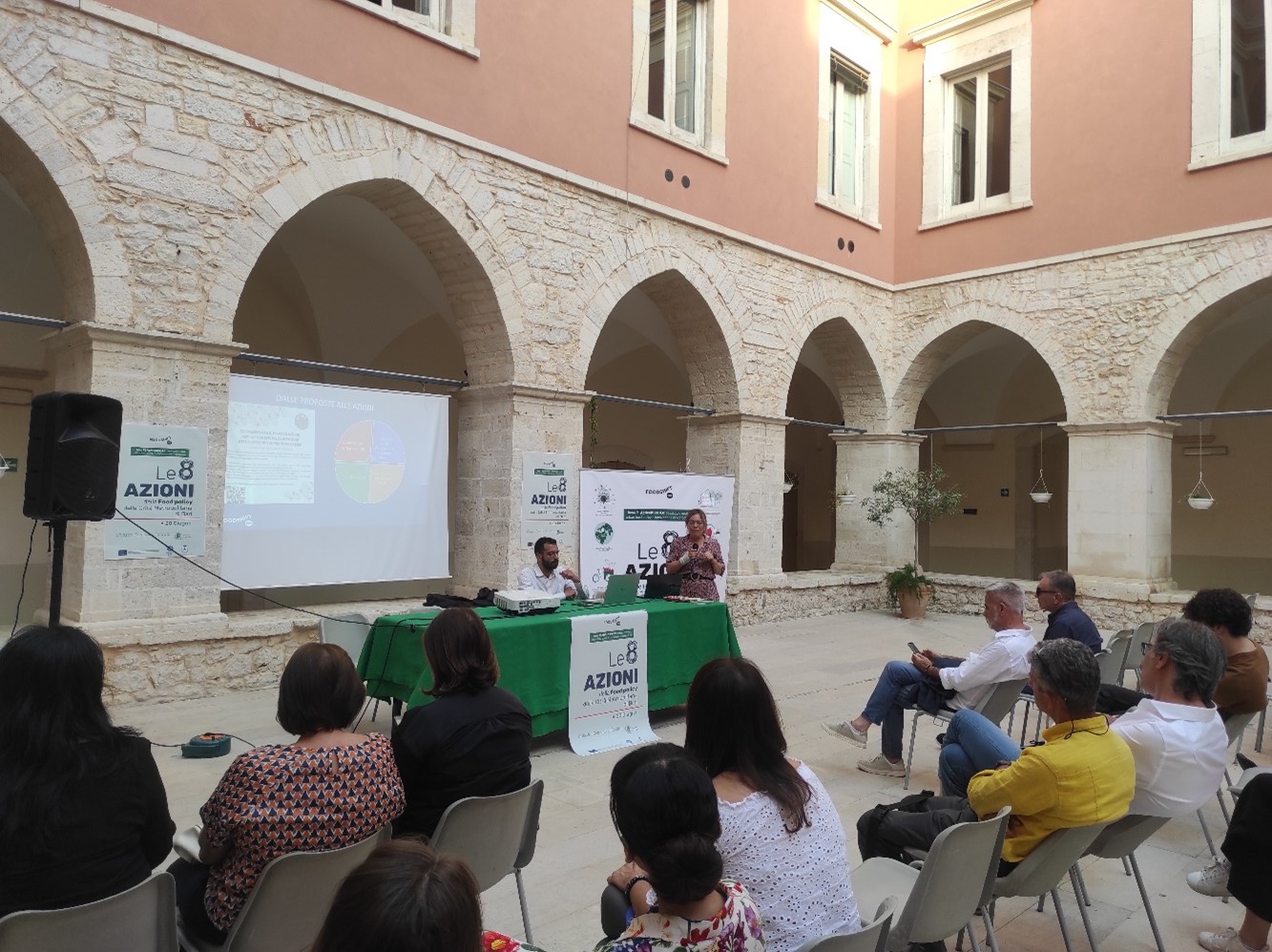
Since 2020, the Metropolitan City of Bari, supported by CIHEAM Bari and the University of Milan, has been engaged in designing the transition pathway towards sustainable food systems transformation in support of the 2030 Agenda.
It took the opportunity created by the FoodSHIFT2030 project to build the Bari Food Accelerator Lab (FAL) – Back to land, aimed at enabling and attracting new young entrepreneurs to envision new uses for abandoned lands in the metropolitan area of Bari.
In that period synergies with other initiatives could favour the attainment of this ambitious goal.
However, the COVID-19 pandemic and the following downturn deviated the initial focus, so that the local team leading the Bari FAL started a new process with the city-region stakeholders resulting in an institutional innovation, built on participatory governance, that led to an advocacy plan, the Manifesto for the Food System Transition in the Metropolitan City of Bari and the following action plan of the Metropolitan Food Policy.
How did it all begin?
The citizen-driven innovators involved by the BARI FAL were actively committed to favouring food system sustainability. They worked in short food supply chain, ethical and responsible use of abandoned lands, food waste reduction and leftover recovery, urban farming and urban gardening, organic food, professional training of vulnerable people to be employed in the catering or farming sector, public-private partnership for agroecosystem promotion.

From 2020 to 2022, CIHEAM Bari, as FAL leader, involved the innovators in a participatory co-design process to identify their needs, barriers to overcome, and solutions, based on a shared understanding of common values and commitment towards the local food system transition.
The participatory process resulted in the drafting of the Manifesto for the food system transition in the Metropolitan City of Bari.

The Manifesto identifies trajectories for the enhancement of the social, productive, and environmental capital of our territory and to create the conditions for fair access to food, healthy nutrition, the availability and usability of spaces. A scenario analysis highlighted the weaknesses that those ambitions were intended to overcome. The trajectories were also designed to contribute to the achievement of several Sustainable Development Goals.
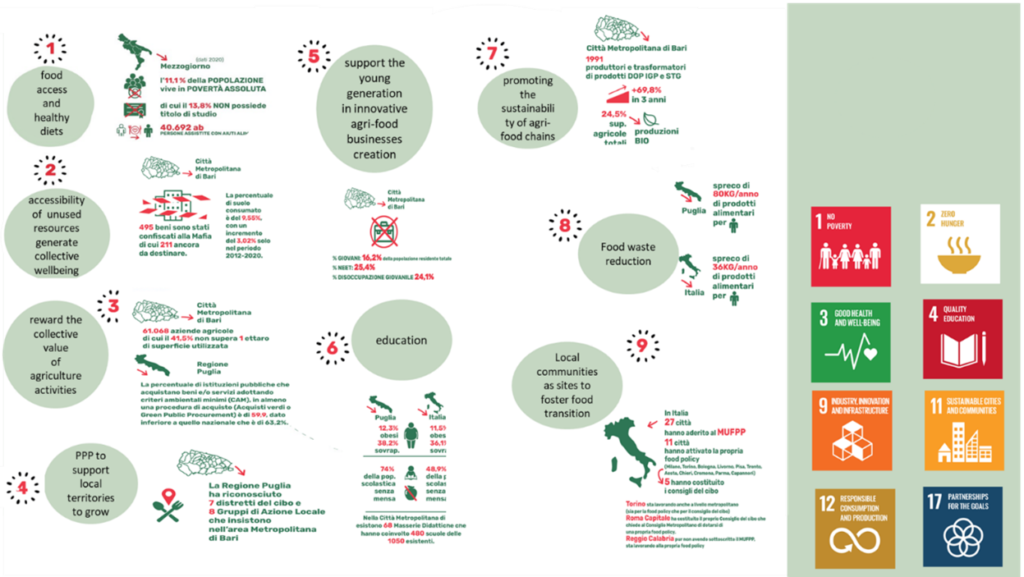
The Metropolitan City of Bari approved the Manifesto on April 22, 2022 and presented it in a public meeting that launched the subsequent process aimed at extending the participatory process to the working groups involved in the 2030 Metropolitan Strategic Plan.
On May 2, 2022, the first working group was invited to a public meeting at the Metropolitan City of Bari. It represented the voice of youth and their visions for the area where they lived.
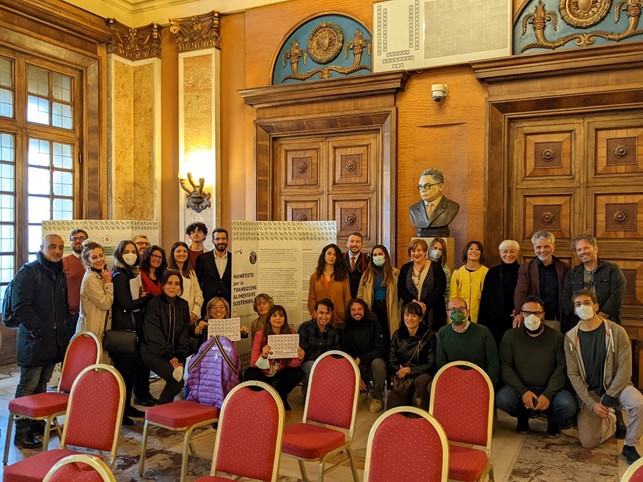
Last year, the Bari FAL further extended its action aimed at collecting needs, proposals, and recommendations, by broadening the participation of organisations, businesses, and local authorities to better focus and shape the local food policy.
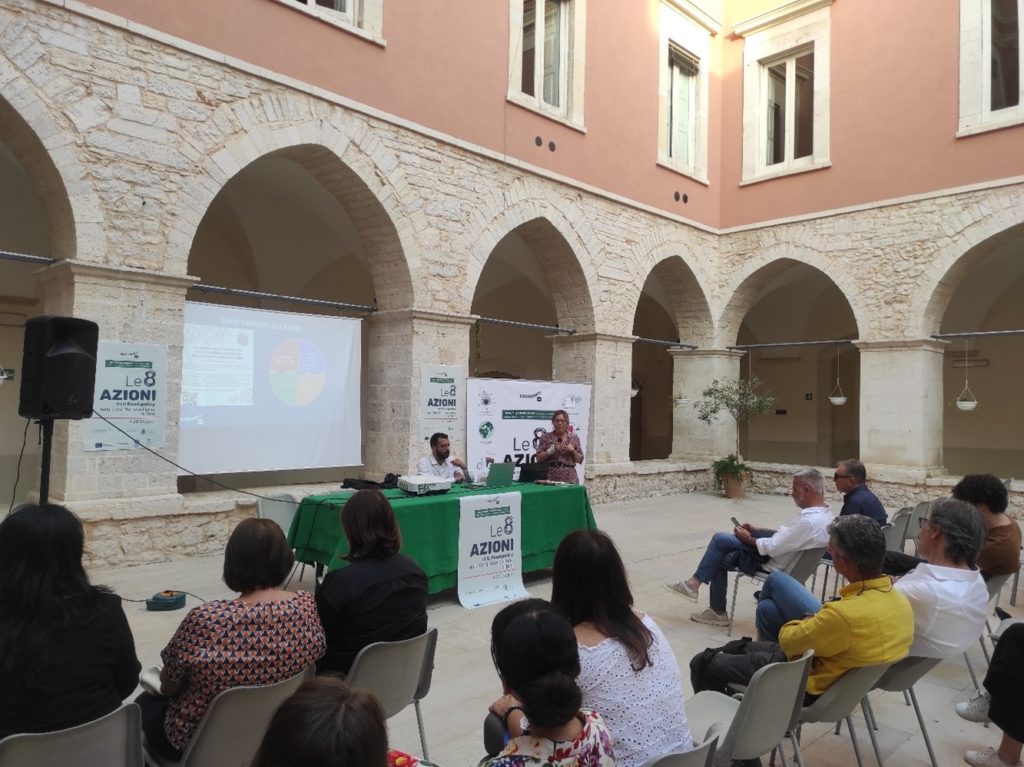
The strong commitment of the Metropolitan City of Bari to the local food policy resulted in the 2030 M??????????? S???????? ?l?? that was officially presented last July 2023 in a three-day event including institutional meetings, talks, insights and performances to showcase to citizens the overall Metropolitan strategy.
The ‘???? ????? Bari 2030’ event initiative is intended to raise awareness on the relationship between food and community wellbeing, by recognising the contribution of every single actor: the producers who ensure rural-urban cohesion by providing local, quality and fresh products; individuals who are responsible for adopting healthy eating habits which benefit the community as a whole; the schools that can support students and parents to ensure proper nutrition, waste prevention and the creation of school gardens.
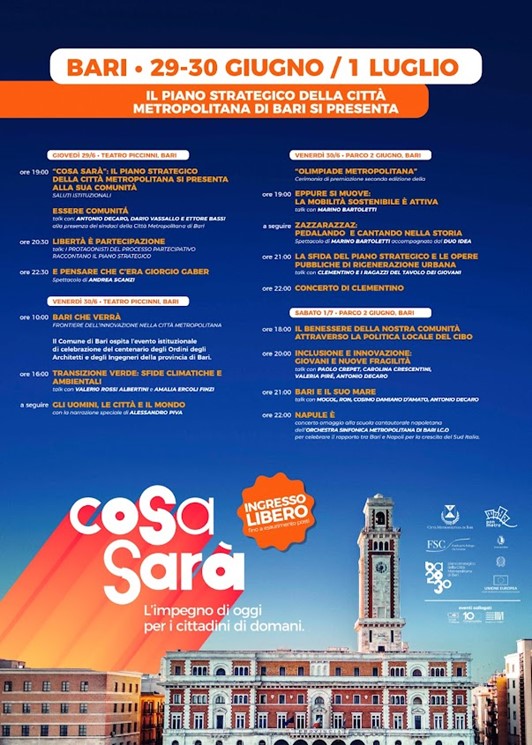
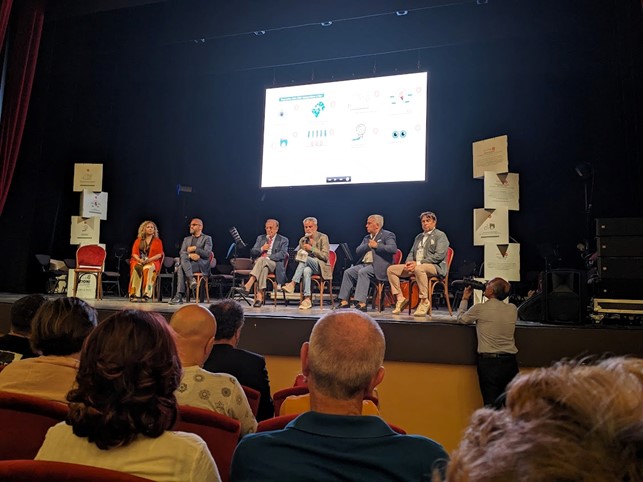
Inspiring territories, nurturing citizens’ capacities and engagement
In May 2022, outreach activities were launched in 2 small and medium cities in Apulia: Tricase and Taranto, and in Tirana in Albania. Based on the interest expressed by local government administrations, CIHEAM Bari initiated with these cities a participatory process aimed at co-creating tailor-made transition pathways to make local food systems more sustainable and resilient. Different actors, representing the quadruple helix actors, i.e., associations, companies, research institutions and local administrators, participated in public meetings, mobilizing interest and commitment to design their future food policy.
CIHEAM Bari’s activities and initiatives were targeted primarily towards youth to involve them and understand the needs of future generations as actors in the food transition. During the initiative “Reshaping Mediterranean cities: young changemakers for the food transition” 14 young people from 11 Mediterranean and African countries presented the solutions they have identified to meet the challenges related to water, recovery of food waste, alternative energies, valorisation of local products, environment, access to food and access to land, in their cities.
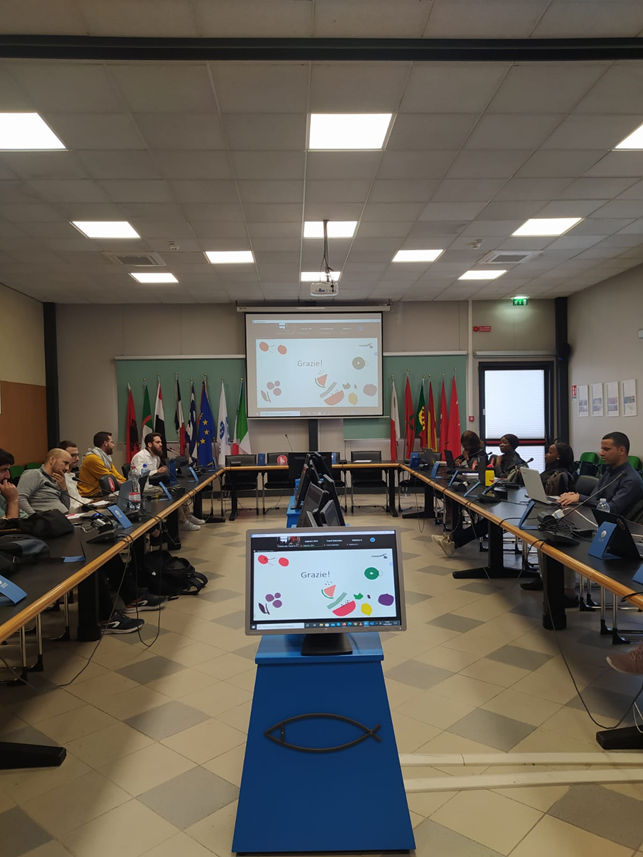
To highlight the path, initiatives and activities carried out by Back to Land Fal, CIHEAM Bari, in collaboration with the Metropolitan City of Bari, has implemented a digital platform called “CIBA2030” (Metropolitan City of Bari towards 2030).
This platform is intended to support the participatory process of citizens and institutions to promote the local food transition and build together the Food Policy of the Metropolitan City of Bari. By registering on the platform, users could learn about and discover local actors actively involved in the fight against food waste and in sustainable production and consumption; they could be updated on local initiatives, share their initiatives, and interact with the community.
On the platform it is also possible to consult the Manifesto and collaborate on the initiatives working on the same issues.
Ciba 2030 is part of the over 100 cities that signed the Milan Urban Food Policy Pact (MUFPP) in 2015, a tool for cooperation between cities and for the exchange of good practices on urban food sustainability.
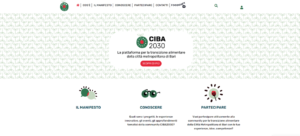
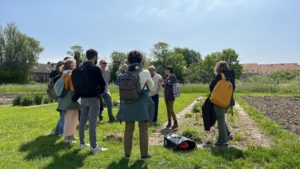
Within the activities related to other FaLs involved in Foodshift2030 project, CIHEAM Bari participated in the ??????? ??? ??????? ???????? ‘??????? ?? ?????’ event organized by the Food Accelerator Lab in Ostend (Belgium), to learn about the achievements reached by the City of Ostend and share some concrete examples to fuel new initiatives worth of being replicated by the Bari FAL and its innovators. The main objective is to enhance a peri-urban area by providing social, cultural, inclusive, and sustainable services to urban dwellers. Allotments near a care home for elderly people and the Community Supported agriculture in the Gardens of Stene were inspiring experiences triggered by a smart integration between spatial planning and urban food policies. The most relevant takeaway is that cities have a lot to do, experiment, try and fine tune solutions for the benefit of their communities.
